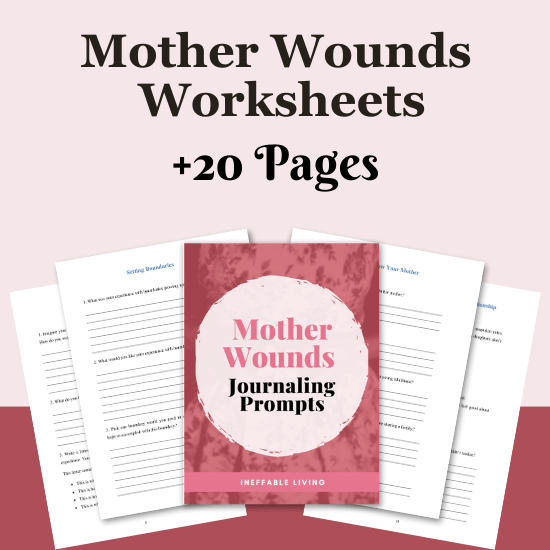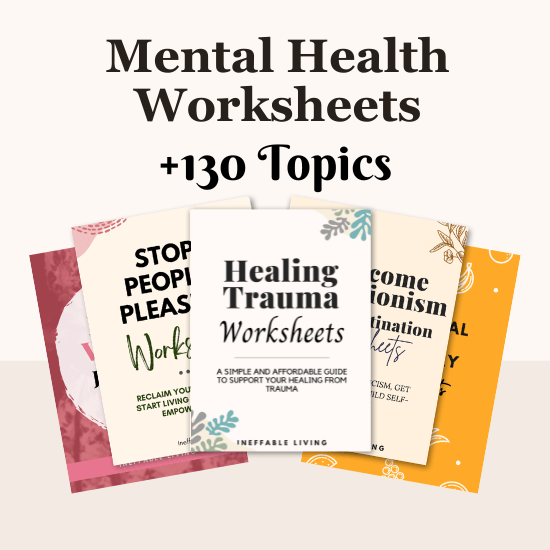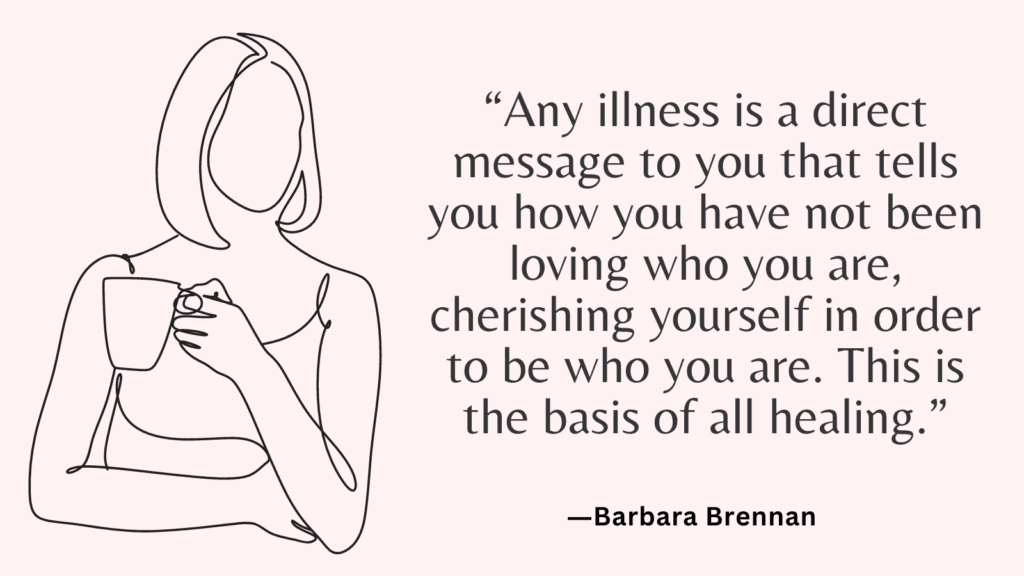This post contains top 8 signs you were raised by a toxic mother
8 Signs You Were Raised By a Toxic Mother
Here are eight signs that may indicate a toxic mother-daughter dynamic:
1. Emotional Manipulation:
Individuals raised by a toxic mother may have experienced consistent emotional manipulation.
This can involve guilt-tripping, gaslighting, or invalidation of their emotions and experiences.
Such manipulation can contribute to feelings of confusion, inadequacy, and self-doubt.
2. Lack of Boundaries:
A toxic mother may demonstrate a lack of respect for personal boundaries, leading to feelings of intrusion and emotional enmeshment.
Daughters may struggle to assert their individuality and may feel suffocated by their mother’s overbearing presence.
3. Constant Criticism:
Growing up with a toxic mother often involves enduring relentless criticism and belittling remarks.
This can erode a daughter’s self-confidence and lead to pervasive feelings of unworthiness and self-doubt.
Related: 60 Things Narcissistic Mothers Say
4. Unpredictable Behavior:
A toxic mother may exhibit unpredictable mood swings, making it challenging for her daughter to anticipate her emotional reactions and navigate the relationship.
This instability can create an atmosphere of anxiety and fear.
5. Conditional Love:
Affection and approval from a toxic mother may be contingent upon meeting unrealistic expectations or conforming to her demands.
Daughters may internalize the belief that their worth is tied to their ability to fulfill their mother’s expectations, leading to a persistent sense of insecurity.
6. Emotional Neglect:
Emotional neglect from a toxic mother can leave daughters feeling unseen, unheard, and emotionally abandoned.
The absence of nurturing and empathetic support can significantly impact their emotional well-being and capacity for intimacy in future relationships.
7. Role Reversal:
In a toxic mother-daughter relationship, the daughter may be forced into a caregiving role, assuming responsibilities that exceed her developmental capacity.
This role reversal can hinder her own emotional development and autonomy.
8. Difficulty Expressing Emotions:
Growing up with a toxic mother can inhibit the healthy expression of emotions.
Daughters may struggle to articulate their feelings, fearing judgment or rejection.
This internalized emotional suppression can lead to challenges in forming authentic connections and navigating interpersonal conflicts.
Understanding the signs of a toxic mother-daughter relationship is the first step towards acknowledging and addressing its impact.
Related: Toxic Mother Daughter Relationship Quiz (+FREE Worksheets)
How to Heal from a Toxic Relationship with Your Mother?
Here are some evidence-based strategies to facilitate healing from a toxic mother-daughter relationship:
1. Establish Healthy Boundaries:
Learning to set and maintain healthy boundaries is essential for reclaiming autonomy and protecting one’s emotional well-being.
This may involve asserting limits on interactions with the mother, identifying personal needs, and communicating boundaries assertively yet compassionately.
2. Cultivate Self-Compassion:
Practicing self-compassion involves extending kindness, understanding, and acceptance towards oneself.
Embracing self-compassion can counteract the internalized self-criticism and unworthiness that may have resulted from the toxic relationship.
3. Process Grief and Loss:
Acknowledge and process the grief associated with unmet emotional needs and the absence of a nurturing maternal bond.
Engaging in grief work can provide an opportunity to validate one’s emotional experiences and foster emotional healing.
Related: How To Deal With A Narcissistic Mother-In-Law?
4. Emotional Regulation and Self-Care:
Developing healthy strategies for emotional regulation, such as mindfulness practices, deep breathing exercises, or grounding techniques, can support emotional stability and self-soothing.
Prioritizing self-care activities that promote relaxation, rejuvenation, and self-nurturing is also essential.
5. Challenge Core Beliefs:
Addressing and reframing deeply ingrained beliefs about self-worth, love, and relationships is integral to healing.
Cognitive restructuring techniques can help individuals challenge maladaptive beliefs stemming from the toxic relationship.
6. Build Supportive Relationships:
Cultivating fulfilling and supportive relationships outside of the toxic maternal dynamic can provide a sense of belonging, validation, and emotional nourishment.
Connecting with understanding friends, mentors, or support groups can offer valuable sources of empathy and encouragement.
7. Explore Forgiveness and Closure:
While forgiveness is a deeply personal process, exploring the possibility of forgiving one’s mother can be a significant aspect of healing.
This may involve acknowledging and releasing pent-up resentment, while also recognizing the complexity of the mother’s own emotional struggles.
Related: Forgiving Someone Who Isn’t Sorry: 9-Step Guide To Free Yourself From The Past

Conclusion
It is important for individuals navigating the process of healing to prioritize self-care, engage in activities that bring joy and fulfillment, and seek understanding and support from empathetic sources.
By taking proactive steps towards healing, individuals can gradually reclaim a sense of emotional autonomy, cultivate resilience, and foster a renewed capacity for self-empowerment and authentic connection.



